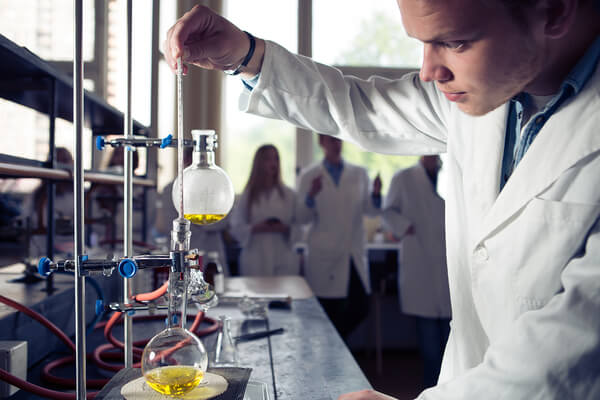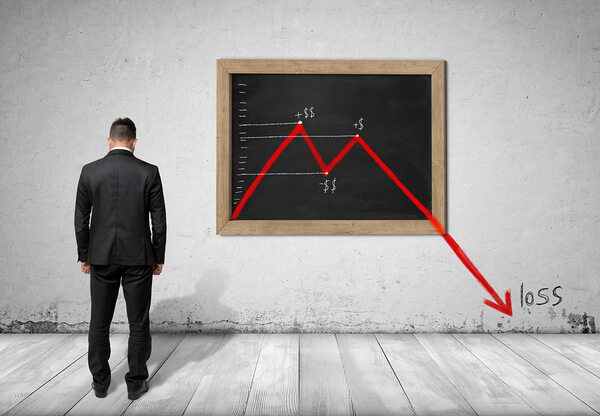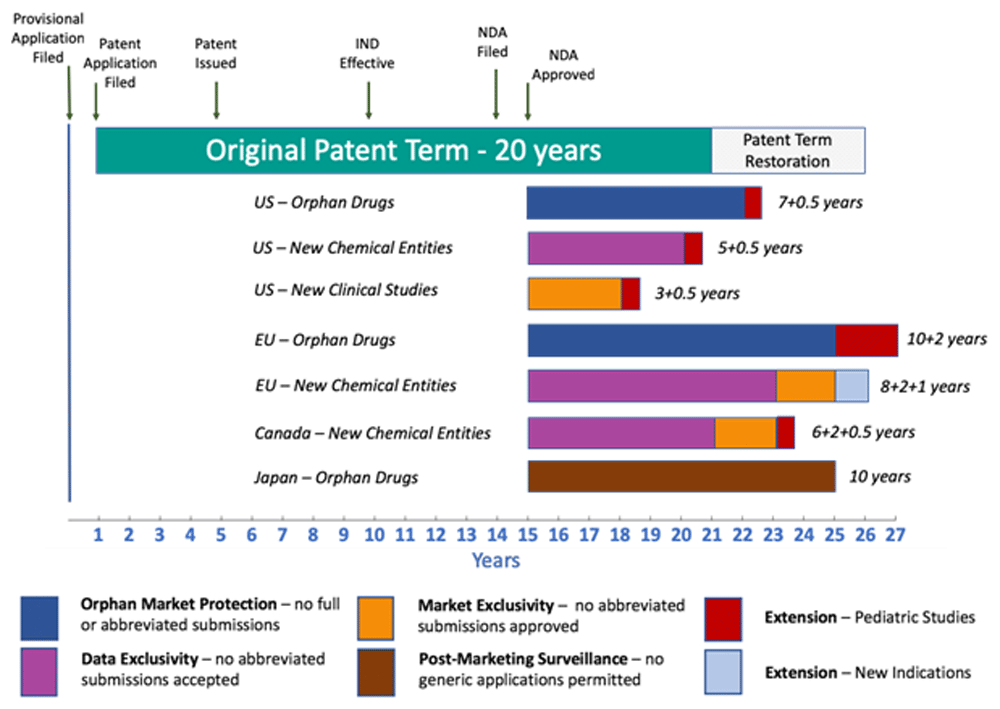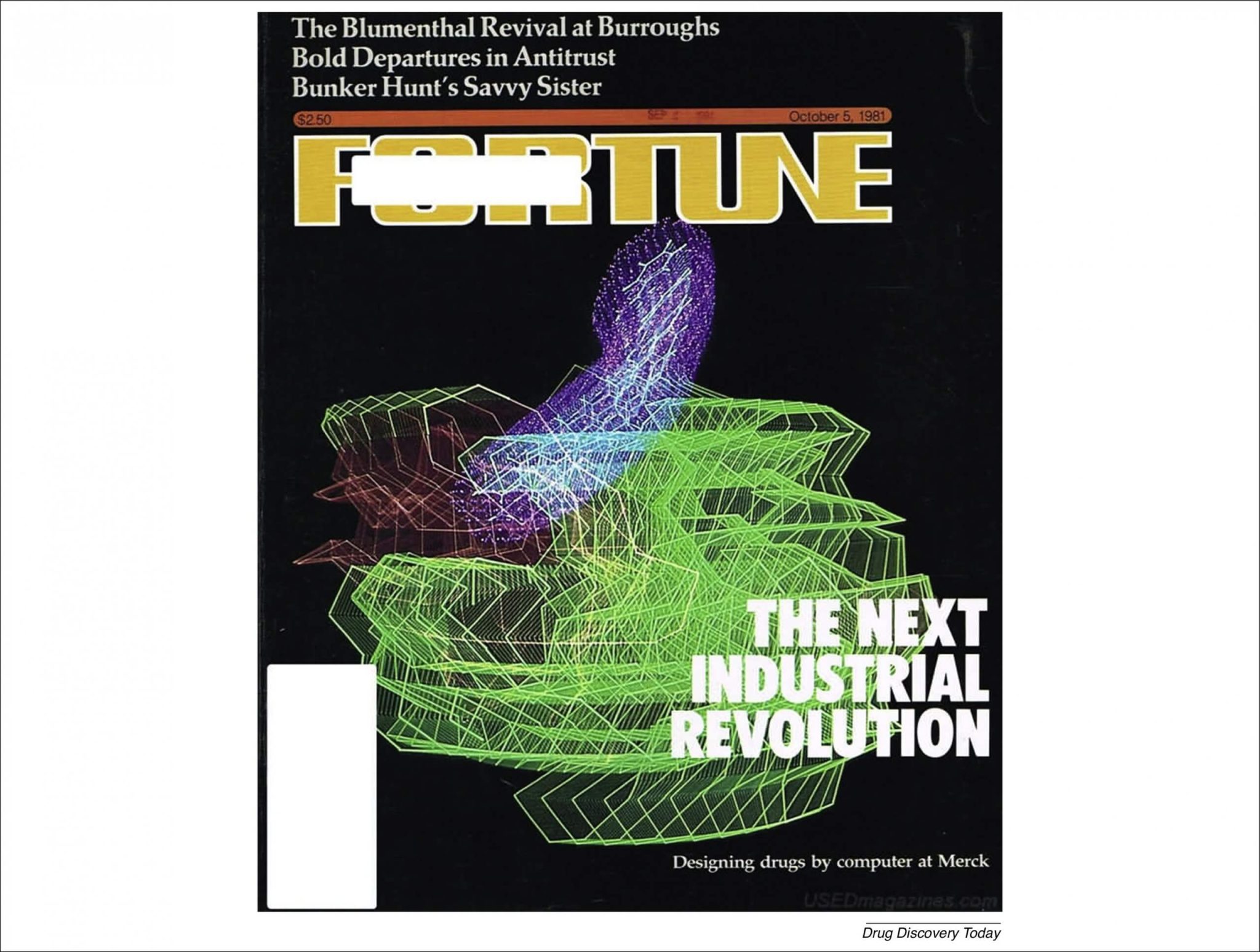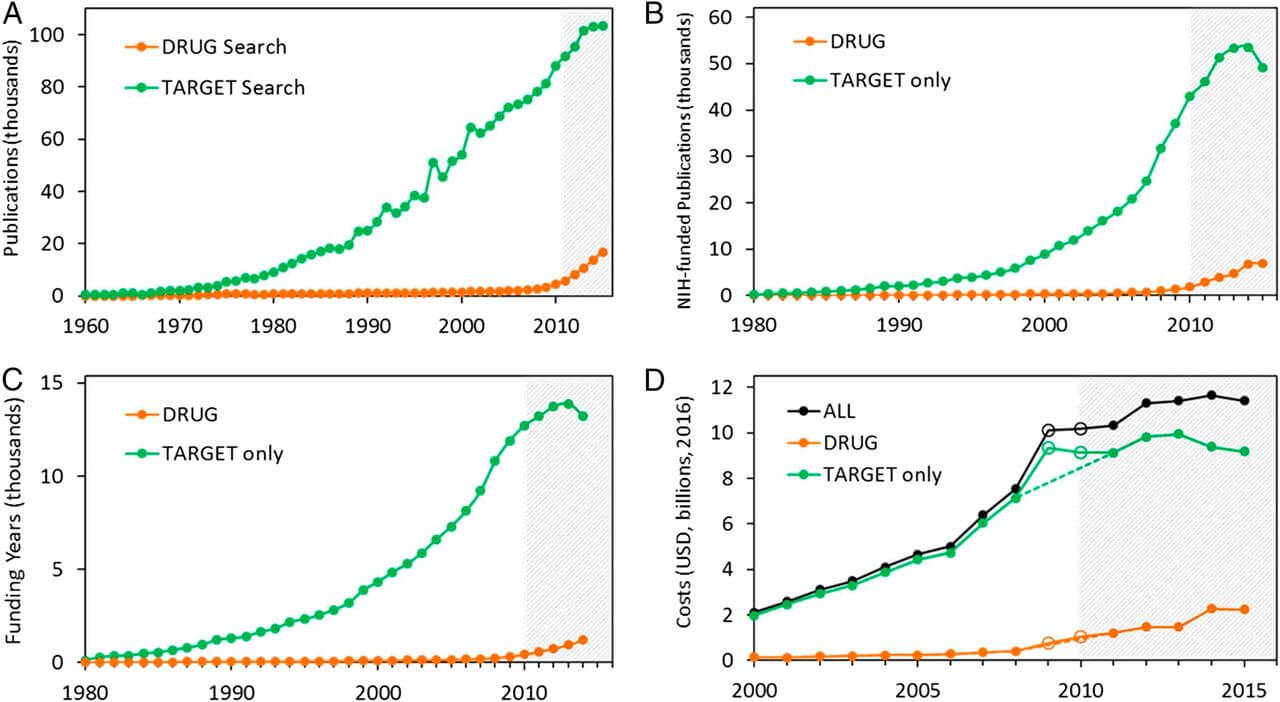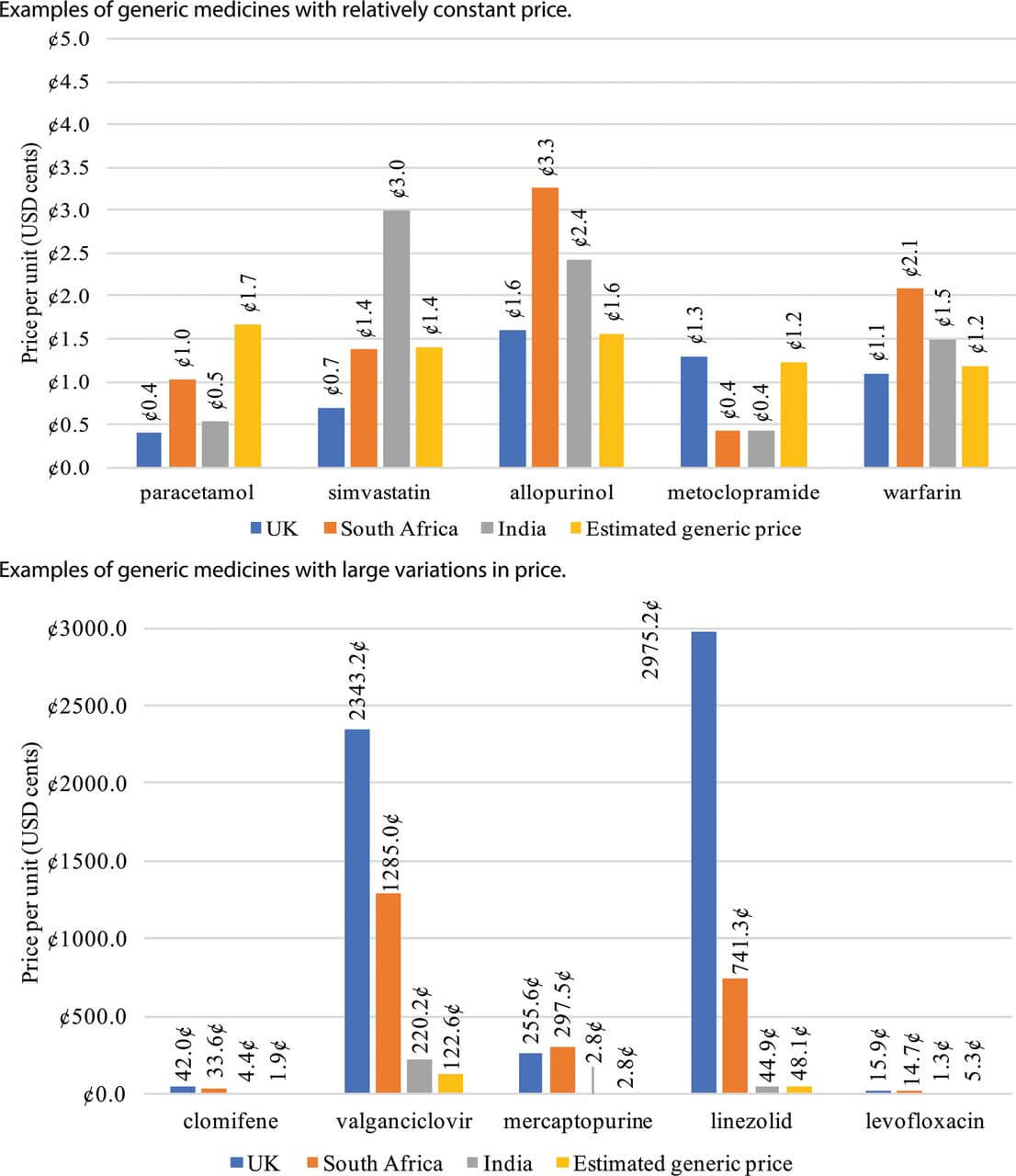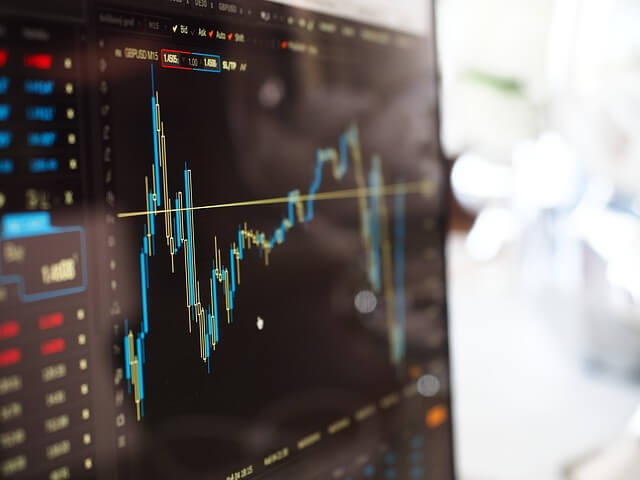Have you ever wondered why some medications seem to cost an arm and a leg, while others are surprisingly affordable? The answer often lies in the complex world of drug patents. Let’s dive into the fascinating realm of pharmaceutical intellectual property and explore when drug patents expire.
The Basics of Drug Patents
Drug patents are a crucial aspect of the pharmaceutical industry. They provide companies with exclusive rights to manufacture and sell their newly developed drugs for a specific period. This exclusivity allows them to recoup their substantial investments in research and development.
What Exactly is a Drug Patent?
A drug patent is a form of intellectual property protection granted to pharmaceutical companies. It gives them the sole right to produce, market, and profit from a specific drug for a set duration. This protection is essential for encouraging innovation in the medical field.
The Standard Patent Term
Typically, drug patents last for 20 years from the date of filingowever, it’s important to note that this doesn’t mean the drug will be on the market for two decades. The clock starts ticking as soon as the patent is filed, which often occurs early in the development process.
The Journey from Patent to Market
Clinical Trials and FDA Approval
Before a drug can hit the shelves, it must undergo rigorous clinical trials and receive approval from the Food and Drug Administration (FDA). This process can take several years, eating into the patent’s lifespan.
Effective Patent Life
Due to the time consumed by clinical trials and regulatory approvals, the effective patent life of a drug – the time it’s actually on the market under patent protection – is often much shorter than 20 years. On average, drugs enjoy about 12-14 years of market exclusivity.
Patent Extension Strategies
Patent Term Extension
Recognizing the time lost during the approval process, the U.S. government allows for patent term extensions. These can add up to five years to a drug’s patent life, helping companies maximize their return on investment.
Evergreening
Some pharmaceutical companies employ a strategy called “evergreening” to extend their market exclusivity. This involves making small modifications to existing drugs and patenting these changes, effectively prolonging their monopoly.
When Patents Expire: Enter the Generics
The 20-Year Mark
As the 20-year patent term approaches its end, things start to get interesting. Generic drug manufacturers begin preparing to enter the market with their versions of the drug.
Generic Drug Approval Process
Generic drugs must demonstrate bioequivalence to the original drug. This means they contain the same active ingredients and work in the same way in the body. The approval process for generics is typically faster and less costly than for new drugs.
Impact of Patent Expiration
Price Drops
When a drug patent expires, it often leads to a significant drop in price. Generic versions can cost 80-85% less than the brand-name drug[3]. This sudden affordability can be a game-changer for many patients.
Market Share Shifts
As generics enter the market, the original drug often experiences a sharp decline in market share. However, some brand-name drugs maintain a portion of the market due to brand loyalty or perceived quality differences.
Strategies to Extend Market Exclusivity
New Formulations
Companies may develop new formulations of their drugs, such as extended-release versions, which can be separately patented.
Combination Drugs
Another strategy involves combining the original drug with another medication to create a new, patentable product.
Over-the-Counter Switches
Some companies opt to switch their drugs from prescription to over-the-counter status before patent expiration, hoping to maintain brand recognition and market share.
The Hatch-Waxman Act: Balancing Innovation and Access
The Hatch-Waxman Act of 1984 plays a crucial role in the drug patent landscape. It aims to strike a balance between encouraging pharmaceutical innovation and promoting access to affordable generic drugs.
Patent Term Restoration
This act allows for patent term extensions to compensate for time lost during FDA review.
Generic Drug Incentives
The act also provides incentives for generic drug development, including a period of market exclusivity for the first generic version of a drug.
Global Perspectives on Drug Patents
International Variations
Patent laws and durations can vary from country to country, adding another layer of complexity to the global pharmaceutical market.
Compulsory Licensing
Some countries have provisions for compulsory licensing, allowing them to produce generic versions of patented drugs in cases of public health emergencies.
The Future of Drug Patents
As we look to the future, the landscape of drug patents continues to evolve. Emerging technologies, changing regulations, and global health challenges all play a role in shaping the future of pharmaceutical intellectual property.
Conclusion
Understanding when drug patents expire is crucial for patients, healthcare providers, and the pharmaceutical industry alike. While patents play a vital role in incentivizing innovation, their expiration opens doors to more affordable medications. As we navigate this complex landscape, striking a balance between rewarding innovation and ensuring access to life-saving drugs remains an ongoing challenge.
FAQs
- Can a drug patent be renewed after it expires?
No, once a drug patent expires, it cannot be renewed. However, companies may obtain new patents for modified versions or new uses of the drug. - Do all countries have the same patent expiration dates for drugs?
No, patent laws and durations can vary between countries, leading to different expiration dates in different markets. - What happens to drug prices when patents expire?
Typically, drug prices decrease significantly when patents expire due to the introduction of generic alternatives. - Can generic drugs be sold before a patent expires?
Generally, no. However, in some cases, generic manufacturers may challenge patents or reach agreements with the original manufacturer for early market entry. - How long does it take for generic drugs to become available after patent expiration?
Generic drugs can often enter the market immediately after patent expiration, but the exact timing can vary depending on regulatory approvals and other factors.





